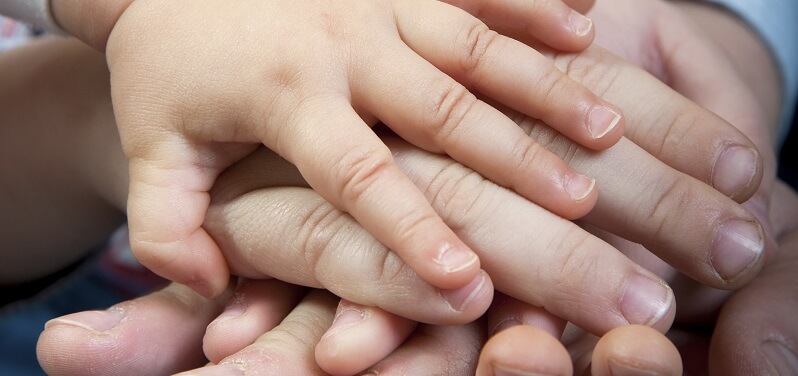Continued from our previous article with our original 10 tips
You can pour days or weeks into choosing the right treatment center. But your recovery will only be successful if you are committed to it. You may not know exactly what to expect when you walk through the doors of your treatment program, but that doesn’t mean you shouldn’t be prepared. To raise your chances for a healthy recovery, you need to define your short- and long-term goals and have the desire to change. Treatment is expensive and requires your complete time and diligence, so you can’t keep going back. You need to make the most of the opportunity you have been given.
Here Are 10 Additional Tips For Making The Most Of Your Stay In Treatment:
1. Remember Your Purpose

2. Be Active In Your Recovery
Your recovery is about YOU. Don’t be afraid to ask questions about what your journey will entail. The more you understand the program and how it can help you, the more you will know what to do when you get there. Continue asking questions when you’re in treatment, too. This opens up the lines of communication with those around you and tells your brain that you are committed to getting better. Being active in your recovery gives you a stronger will to change.
3. Don’t Worry About Tomorrow

4. Be Willing To Change
Addiction wreaks havoc on the brain and body, and we understand that you may not be thinking clearly or rationally right now. This thinking can cause you to be negative, especially when you realize everything you have to give up to become clean and sober. But you must be willing to make choices in your life that will lead to sobriety. It’s okay to not like all of them, but you should remain open. Growth cannot occur unless you make change.
5. Give Yourself Extra TLC

6. Be Realistic About Your Goals
As much as we would love to say that you will be completely cured from addiction when you leave our treatment center, this simply is not the case. Recovery is a lifelong process. Addiction does not just stop. It’s important to be realistic about what you can expect from treatment so that you don’t get discouraged. Prepare yourself for a long but rewarding journey – an opportunity to get to know and love yourself again.
7. Practice Making Friends

8. Understand Addiction As A Syndrome
Some people still look at addiction as a character flaw. But it is not. It’s a disease that manifests in many different ways. You will be taught about addiction and how it affects the brain and body during your time in treatment, but don’t hesitate to learn more. If you were given a diagnosis for a chronic illness from your doctor, you would take the time to research it, wouldn’t you? By understanding addiction as a syndrome, you can live your life defensively and protect yourself from relapse.
9. Establish A Routine

10. Have A Plan For Continuing Care

The Dunes East Hampton is a holistic rehab center that treats drug and alcohol addiction. We are happy to answer any questions you may have before starting the treatment process. With qualified health professionals, a low client-to-staff ratio and a variety of therapies, we are a treatment center built for success.
Click here to see more tips from our very own expert on how to avoid triggers in recovery.
Coming Soon! See Tips For Maintaining Sobriety After Rehab








